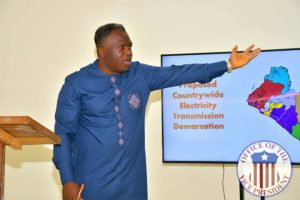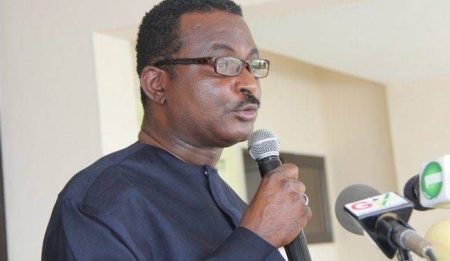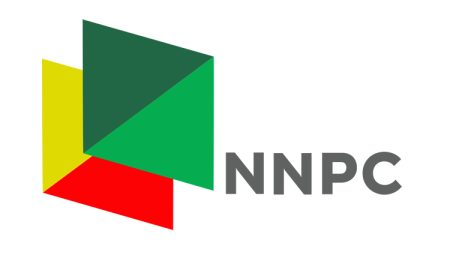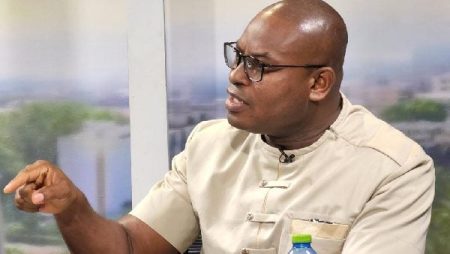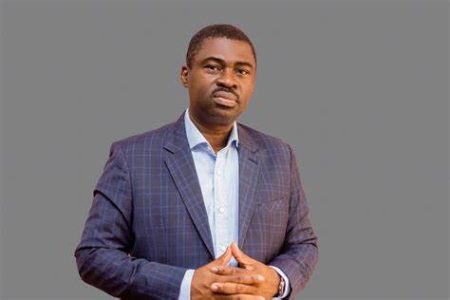Ghana’s journey towards economic recovery and stability necessitates a cautious and strategic approach, particularly regarding its re-entry into the international capital markets. Robert Talierco, the World Bank’s Country Director for Ghana, Liberia, and Sierra Leone, has emphasized the importance of avoiding a premature return to these markets, given Ghana’s current debt situation. While acknowledging the significant progress made in restructuring both domestic and external debts under the $3 billion IMF Extended Credit Facility (ECF) program, Talierco warned that rushing back to the international markets could send the wrong signals to investors, potentially triggering a renewed surge in borrowing costs, which could jeopardize the nation’s fragile economic recovery. He stressed that continued fiscal discipline and consolidation are paramount to maintaining investor confidence and ensuring long-term economic stability.
The World Bank’s Public Finance Review report sheds light on the factors that contributed to Ghana’s recent debt crisis, highlighting weak expenditure controls, inefficient public spending, poor revenue collection, and excessive borrowing as key culprits. These issues, coupled with sluggish economic growth and an imbalanced balance of payments, led to Ghana’s exclusion from international capital markets in 2022. While the report acknowledges the strides made in stabilizing the economy since then, it underscores the need for structural reforms to address the root causes of the crisis and pave the way for sustainable economic transformation. These reforms should complement the ongoing fiscal consolidation efforts, ensuring a holistic approach to economic recovery.
Talierco’s cautionary advice stems from the understanding that restoring investor confidence requires more than just short-term fixes. It necessitates a sustained commitment to responsible fiscal management, including expenditure cuts and improved revenue mobilization. Prematurely seeking access to international capital markets could undermine these efforts, signaling a potential return to the very practices that led to the debt crisis in the first place. Instead, Ghana should prioritize solidifying its economic foundation through sustained fiscal prudence and structural reforms. This approach will not only reassure investors of Ghana’s commitment to responsible financial management but also create a more stable and sustainable economic environment.
The World Bank report emphasizes the importance of balancing fiscal consolidation with essential investments that drive economic growth and support vulnerable populations. While cutting expenditures is crucial for fiscal stability, it’s equally important to protect investments in key sectors that contribute to long-term economic development and improve the well-being of the most vulnerable segments of society. This balanced approach will ensure that fiscal consolidation does not come at the expense of long-term economic growth and social progress. Furthermore, strengthening domestic revenue mobilization efforts will provide a more sustainable source of funding for these crucial investments, reducing reliance on external borrowing and strengthening Ghana’s fiscal resilience.
Addressing the rising fiscal pressures in critical sectors like energy and cocoa is another key recommendation of the World Bank. These sectors play a significant role in Ghana’s economy, and addressing their financial challenges is crucial for overall economic stability. Implementing reforms to improve efficiency, reduce costs, and enhance revenue generation within these sectors will contribute to fiscal consolidation and strengthen the foundation for sustainable economic growth. These reforms should focus on addressing structural inefficiencies, improving governance, and promoting transparency to ensure the long-term viability and sustainability of these vital sectors.
The World Bank’s analysis of Ghana’s fiscal trajectory reveals a concerning trend of widening deficits and increasing expenditures. Between 2008 and 2019, Ghana’s fiscal deficit averaged around 4% of GDP, double the level recorded in the preceding decade. Similarly, total expenditures rose significantly, averaging 19% of GDP during the same period, a six-percentage point increase compared to the previous decade. This persistent fiscal imbalance highlights the need for sustained and comprehensive reforms to address the underlying structural weaknesses in Ghana’s public finances. The World Bank urges Ghana to maintain its current path of economic reforms to prevent a relapse into unsustainable debt levels and build a more resilient and prosperous economic future. This requires not only addressing immediate fiscal challenges but also implementing long-term structural reforms that promote sustainable economic growth, improve governance, and strengthen public financial management.




